
- Order:
- Duration: 3:53
- Published: 14 Jul 2006
- Uploaded: 25 May 2011
- Author: valpard




_by_Erling_Mandelmann_-_2.jpg)









.jpg)







.svg)
.svg)







.svg)

.svg)





.svg)
.svg)





























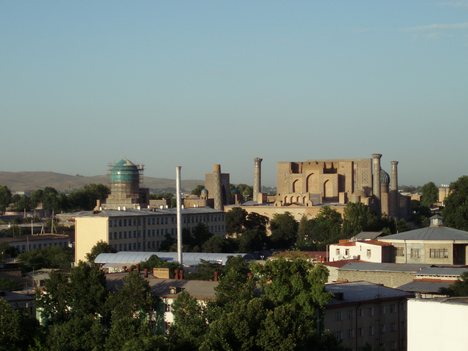



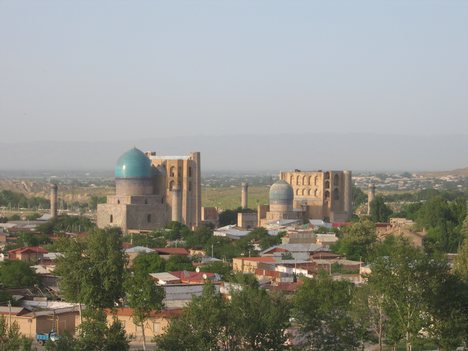
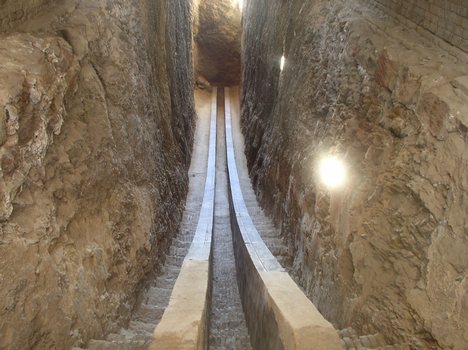




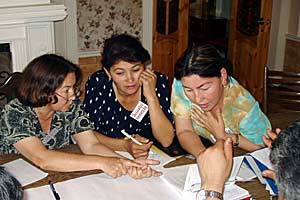






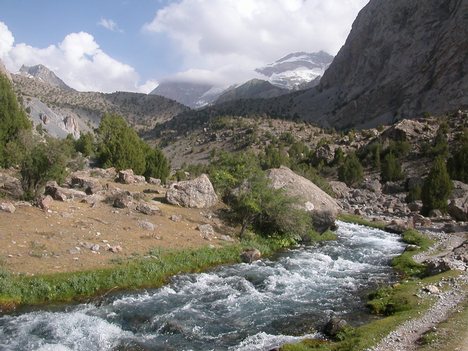
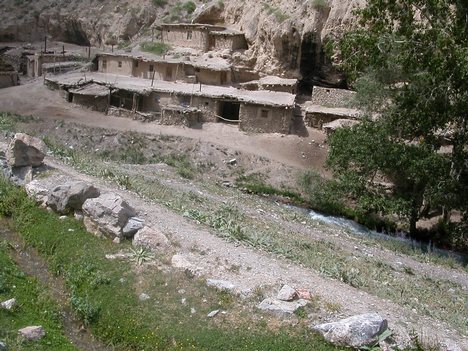


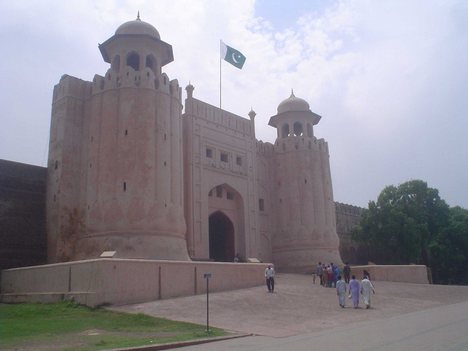


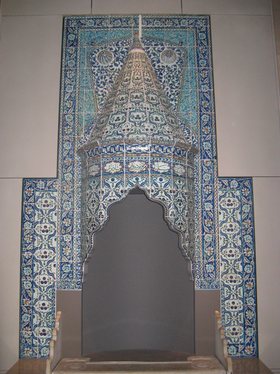




![Humayun's tomb (Hindi: हुमायूँ का मक़बरा, Urdu: ہمایون کا مقبره Humayun ka Maqbara) is a complex of buildings built as the Mughal Emperor Humayun's tomb, commissioned by Humayun's wife Hamida Banu Begum in 1562 CE, and designed by Mirak Mirza Ghiyath, a Persian architect.[1] It was the first garden-tomb on the Indian subcontinent, and is located in Nizamuddin East, Delhi, India, close to the Dina-panah citadel also known as Purana Qila, that Humayun founded in 1533. It was also the first structu Humayun's tomb (Hindi: हुमायूँ का मक़बरा, Urdu: ہمایون کا مقبره Humayun ka Maqbara) is a complex of buildings built as the Mughal Emperor Humayun's tomb, commissioned by Humayun's wife Hamida Banu Begum in 1562 CE, and designed by Mirak Mirza Ghiyath, a Persian architect.[1] It was the first garden-tomb on the Indian subcontinent, and is located in Nizamuddin East, Delhi, India, close to the Dina-panah citadel also known as Purana Qila, that Humayun founded in 1533. It was also the first structu](http://web.archive.org./web/20110531050807im_/http://cdn.wn.com/pd/1e/9f/aa19f6738d3fd2c7ca88b4564ba1_grande.jpg)
| Official name | سمرقند Samarkand |
|---|---|
| Native name | Samarqand / Самарқанд |
| Image seal | Samarkand city coa.jpg |
| Pushpin map | Uzbekistan |
| Pushpin label position | bottom |
| Pushpin mapsize | 300 |
| Pushpin map caption | Location in Uzbekistan |
| Coordinates region | UZ |
| Subdivision type | Country |
| Subdivision type1 | Province |
| Subdivision name | |
| Subdivision name1 | Samarqand Province |
| Population as of | 2008 |
| Population total | 596,300 |
| Population urban | 643,970 |
| Population metro | 708,000 |
| Elevation m | 702 |
| Website | http://www.samarkand.info |
In 2001, UNESCO added the city to its World Heritage List as Samarkand – Crossroads of Cultures.
| Whs | Samarkand – Crossroads of Culture |
|---|---|
| Imagecaption | Bibi-Khanym Mausoleum |
| State party | |
| Type | Cultural |
| Criteria | i, ii, iv |
| Id | 603 |
| Region | Asia-Pacific |
| Year | 2001 |
| Session | 25th |
| Link | http://whc.unesco.org/en/list/603 |
Although a Persian-speaking region, it was not united politically with Iran most of the times between the disintegration of the Seleucid Empire and the Arab conquest (except at the time of early Sassanids, such as Shapur I). In the 6th century it was within the domain of the Turkic kingdom of the Göktürks.
From the 6th to the 13th century it grew larger and more populous than modern Samarkand and was controlled by the Western Turks, Arabs (who converted the area to Islam), Persian Samanids, Kara-Khanid Turks, Seljuk Turks, Kara-Khitan, and Khorezmshah before being sacked by the Mongols under Genghis Khan in 1220 . A small part of the population survived, but Samarkand suffered at least one other Mongol sack by Khan Baraq to get treasure he needed to pay an army with. The town took many decades to recover from these disasters.
In The Travels of Marco Polo, where Polo records his journey along the Silk Road, Samarkand is described as a "a very large and splendid city..." Here also is related the story of a Christian church in Samarkand, which miraculously remained standing after a portion of its central supporting column was removed.
In 1370, Timur the Lame, or Tamerlane, decided to make Samarkand the capital of his empire, which extended from India to Turkey. During the next 35 years he built a new city and populated it with artisans and craftsmen from all of the places he had conquered. Timur gained a reputation as a patron of the arts and Samarkand grew to become the centre of the region of Transoxiana. During this time the city had a population of about 150,000.
From 1599 to 1756, Samarkand was ruled by the Ashtarkhanid dynasty of Bukhara.
From 1756 to 1868, Samarkand was ruled by the Manghyt emirs of Bukhara. |date=August 2010 }}
.]]
Category:Populated places along the Silk Road Category:Populated places in Uzbekistan Category:Cities in Central Asia Category:Samarqand Province Category:Persian history Category:Archaeological sites in Uzbekistan Category:World Heritage Sites in Uzbekistan
This text is licensed under the Creative Commons CC-BY-SA License. This text was originally published on Wikipedia and was developed by the Wikipedia community.
| Name | Lev Leviev |
|---|---|
| Birth date | July 30, 1956 |
| Birth place | Tashkent, Uzbek SSR, Soviet Union |
| Occupation | Businessperson |
| Spouse | Olga |
| Children | Nine |
| Net worth | $1,500,000,000 |
| Residence | London, England, UK |
| Footnotes |
Lev Avnerovich Leviev (born July 30, 1956) is a Bukharian-Israeli billionaire businessman, with a net worth of roughly $1.5 billion following the 2008 global financial crisis. Leviev has been described as one of the wealthiest Jewish individuals in the world and has been a major philanthropist for Jewish causes in Eastern Europe and Israel. His diamond mining investments in Angola and his investments in Israeli settlements have been the target of protests.
After the Revolutions of 1989, Leviev expanded his business endeavors into Eastern Europe and the former Soviet Union. He received the blessings for success in business and personal support of the Lubavitcher Rebbe, Rabbi Menachem Schneerson for his philanthropic activities, which include "an army of some 10,000 Jewish functionaries from Ukraine to Azerbaijan, including 300 rabbis. Most of the 300 rabbis are Chabadniks" - adherents of the Brooklyn-based Chabad Hasidic group. In particular he sponsors many of the activities of the Jewish Learning Initiative.
Leviev moved to Hampstead, London, with his wife Olga and their daughter, Ruthie, in 2007. However, as a keen follower of golf, Leviev maintains a house in the beach resort of Ponte Vedra, Florida
Leviev is currently controlling shareholder and chairman of Africa-Israel. Controlled by Leviev, Africa-Israel is on the verge of insolvency, asking to restructure NIS 21 billion of debt. Trying to save the company from bankruptcy, justice Varda Alshech has confirmed the debt restructuring arragement between Africa-Israel and its creditors. However, the justice experssed her disapproval: "The arrangement is far from being the best," Alshech said, because the company "is passing on the damage of its investments to its investors.". Additionally he is an international investor in residential real estate, shopping malls, energy, fashion, telecom, and media, which attained a market value of $8 billion in 2007. The value of the company plunged with the onset of the 2007-2008 global financial crisis, with company debt reportedly totalling $5.5 billion in September 2009. Soon thereafter the global suprime mortgage crisis broke, and the value of Africa-Israel's real estate investments plummeted, particularly in New York, where it had invested heavily.
Leviev's devotion to settlement construction have drawn protest from outside the Old Bond Street store in his London home, to the Leviev-owned jewelry store in New York City, and has impelled Oxfam to make it clear that Leviev has not donated to the charity. UNICEF has also advised Leviev that they will not partner with or accept any contributions from him due to the controversy. In a press release, a spokesperson for Leviev described the protests as "politically motivated" and accused protesters of "deliberately neglect[ing]... extensive humanitarian and philanthropic work, which includes building schools, orphanages, and fostering economic development in communities around the world." Anti-Defamation League head Abraham Foxman condemned UNICEF's decision as "selective political discrimination" that "only gives legitimacy to those who would seek to promote a boycott of the State of Israel and its supporters."
In April 2009, following public pressure for a boycott, the UK Foreign and Commonwealth Office announced that it would not be renting its Tel Aviv embassy from Leviev's Africa-Israel company.
Category:1956 births Category:Bukharan Jews Category:Businesspeople in mining Category:Chabad-Lubavitch Hasidim Category:English Jews Category:Israeli billionaires Category:Israeli businesspeople Category:Living people Category:Mass media owners Category:Orthodox Jews in London Category:People from Tashkent Category:Uzbekistani Jews Category:Israeli philanthropists Category:Israeli Orthodox Jews Category:Israeli Jews
This text is licensed under the Creative Commons CC-BY-SA License. This text was originally published on Wikipedia and was developed by the Wikipedia community.